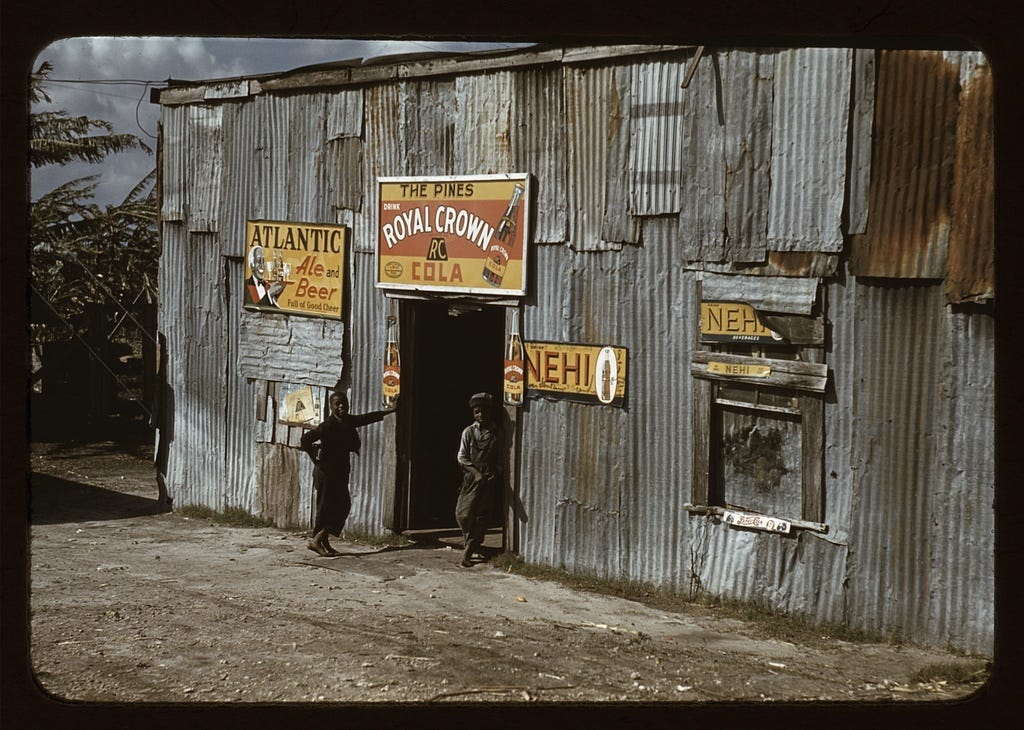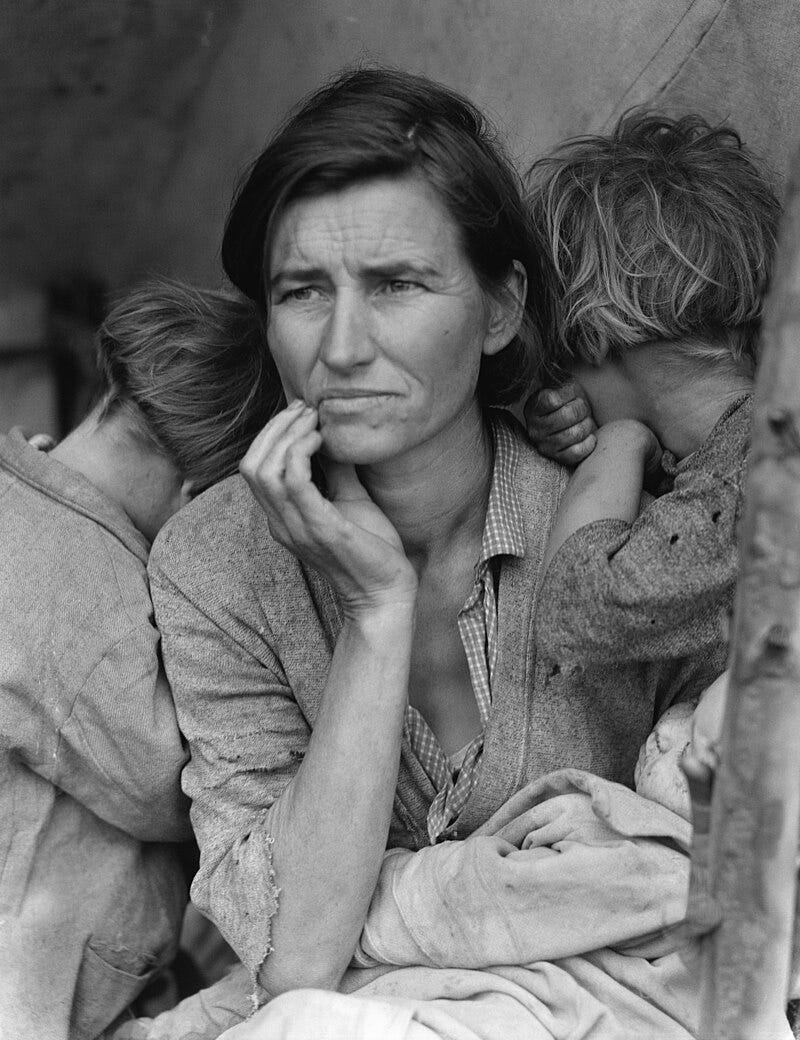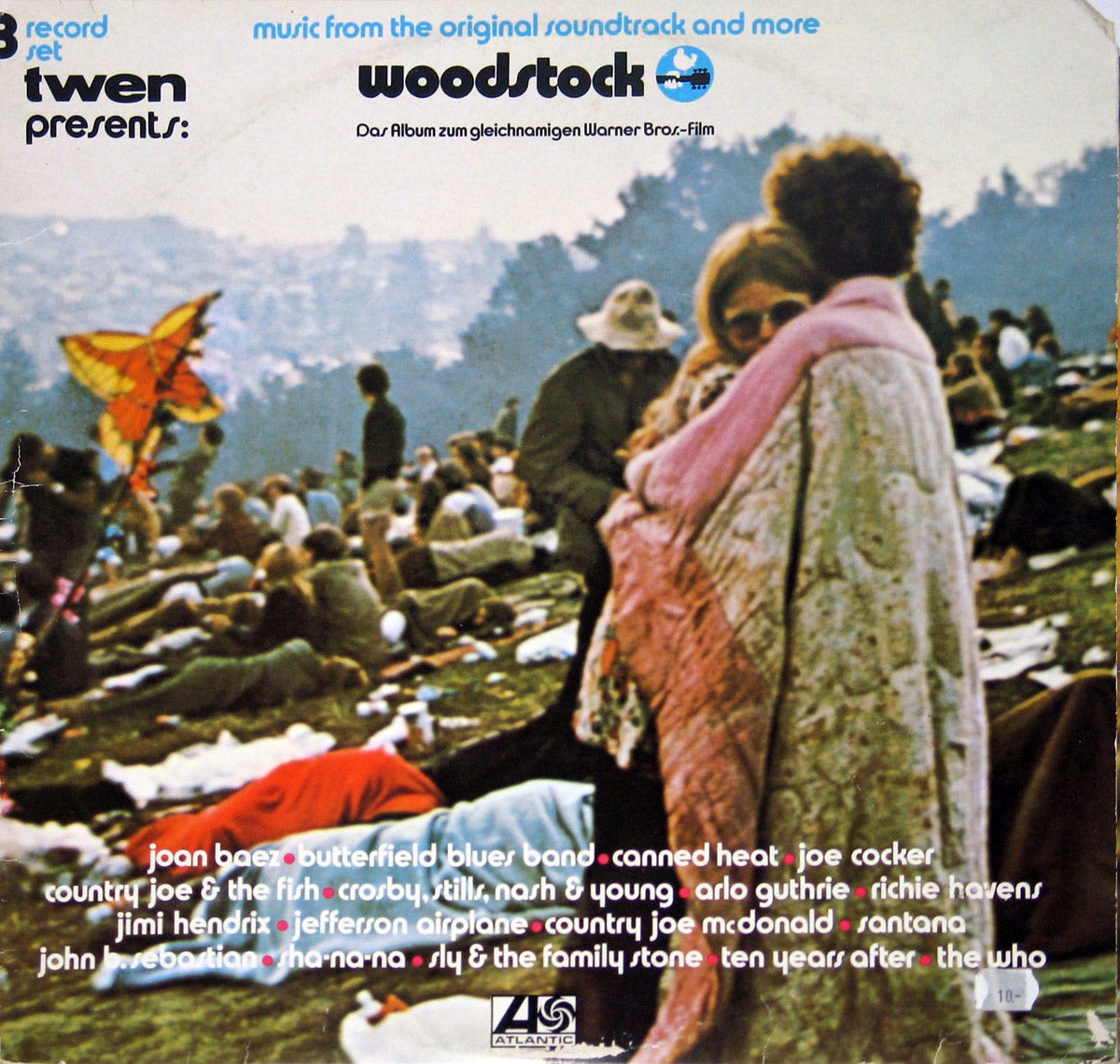Watching Sinners as a White Man: Horror, Culture, and the Battle for America's Soul
This article contains spoilers for the movie Sinners. Do not read if you plan on watching the film.
Last night, I saw Sinner, and I haven’t stopped thinking about it since.
The movie caught me off guard. It starts like a gritty Southern drama about two twin brothers returning to their troubled hometown in Mississippi… and then halfway through, it transforms into a full-blown horror epic. The shift reminded me of From Dusk Till Dawn, where a crime story suddenly veers into the supernatural. But unlike that cult classic, Sinners is more ambitious. It’s not just a genre mashup—it’s a cultural exorcism.
There’s a scene in the middle that struck me deeply: a musical battle between cultures, danced out in a blues club. It reminded me of the intercessory prayer gatherings I used to be part of back in the late ‘90s and early 2000s—moments where music, culture, and spirit all converged in a fight over identity and territory. I’m not sure if the filmmakers meant it that way, but that’s what I saw.
Here’s where things get heavy: in this film, vampires aren’t just monsters. They’re metaphors. The vampires are white people—stealing the culture of Black and Asian communities, draining them dry to fuel their own prosperity. And once the people of color are “converted,” they become vampires too. That stung. Because the symbolism is clear: assimilation into whiteness—into greed, into American exceptionalism, into a hollow form of Christianity—can come at the cost of identity and soul.
It’s uncomfortable to write that. But it’s what I saw.
The film even plays with the classic vampire rule: they must be invited in. At first, the white characters have to be welcomed into the blues club. Later, they take it over by force. That says something about colonization—and how the appearance of consent can be a mask for manipulation.
In one of the most symbolic scenes, a character named Sammie is told to bury his broken blues guitar. He brings it to his father’s church, and his father urges him to give it up and repent. But Sammie refuses. That scene floored me. To me, it wasn’t just about music. It was about heritage. To repent would be to abandon his culture. Even broken, it was his. And he chose to hold on.
Later, a Klansman is gunned down in a blaze of machine guns and grenades. Before dying, he says he can’t be killed. The way I saw it, that was a symbol too—maybe one of the most chilling in the whole movie. A reminder that whiteness as a system—its influence, its shadow—never really dies in America. It just changes form. I believe this scene foreshadowed the coming civil rights movement.
The Native American characters in the film issue warnings that go ignored. They see the danger before anyone else. That felt like a nod to how Indigenous wisdom and warnings have been dismissed throughout our country’s history. And when poor rural whites are turned into vampires too, it seemed to say: no one is safe from the hunger of the powerful. Not even those who think they’re on the right side of the system.
At the end of the movie, we see an aged Sammie still playing the blues. Smoke and Pearline—once thought dead—appear unchanged, forever young. Vampires. They offer Sammie immortality. He refuses. He doesn’t want to live forever in a world so broken. But he does thank them for the night they shared—the last night, perhaps, when his culture was still his own.
That line hit me hardest.

And here’s the thing I’ve been wrestling with: I’m a white man. I love America. I love its potential. Its idealism. Its promise. But this film wasn’t made for me. It doesn’t flatter me. It doesn’t comfort me. And I still found it moving, even though it left me with a strange ache.
There’s a lot of anger toward America right now, and I get it. But sometimes it feels like we forget that every nation has a dark past. I wonder: why is our past still so loud? Why does it still haunt us like this? Maybe because we’re still such a young country. Maybe because our wounds are still bleeding.
But I don’t think Sinners is about hating America. I think it’s about fighting for its soul. Wrestling with the monster in the mirror. That’s what horror is supposed to do—reveal the rot we’ve hidden under the floorboards. I think it is about honoring your culture. The problem with culture, though, is the first four letters of the word CULT. How can we honor culture without dividing ourselves? Are there any cultures anymore, or have they evolved into something else? How do we separate ourselves from the illusions of race and money? Does having money make someone powerful, or have we chosen to believe it does? Is the LOVE of money the root of all evil? How can we truly love one another? Is that even possible, and what does it even mean?
If I’m honest, it felt a little unfair at times. But maybe that’s the point. Maybe this film isn’t meant to resolve everything neatly. Maybe it’s meant to make us sit with the discomfort. To listen. To remember. To wonder how we move forward.
And maybe, like Sammie, we all have to decide what’s worth holding onto, even when it’s broken.
If you're drawn to horror that makes you think and feel, I invite you to subscribe to my Substack where I explore the dark, the sacred, and the stories in between.
🎬 The 10 Most Horrifying Scenes in Horror Movies (And Why They Work)
A Practical Guide for Horror Writers, Filmmakers, and Fans Who Want to Master Fear
👉 [Click here to grab the course] The 10 Most Horrifying Scenes in Horror Movies (And Why They Work)








I read your article but haven’t watched the movie yet . You brought uo some very interesting points . What has happened to America ? To me a lot of Americans not all have chosen greed and power over people . Greed not Love , and yes I think the love for money is the root of evil . American people need to wake up . Choose Love for all colors , all nations . Love thy neighbor as thy self but for me Love them more . I watched a movie last night called The Help very moving , very sad that people put people of a different color beneath them . We were all created equal iby God . Thank you for this great article .